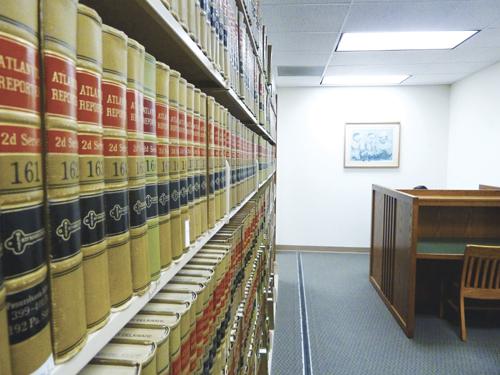Phuket Property Legal: Collective Leasehold Structures – Overview

PHUKET: PHUKET and neighboring provinces contain some of the finest villa developments in Thailand. However, under Thai law, foreigners are generally prohibited from owning land. However, they are, as many are aware, allowed to own buildings. Therefore, a common method for foreigners to purchase a villa is to lease a land plot (or plots) from a Thai landowner, and purchase (or construct) the villa.
Thai law permits a maximum registrable lease term of 30 years. At the end of the 30-year term, the lease may be renewed together by the lessor (the landowner) and lessee (the buyer) but such a renewal agreement is by contract only, not pre-registration at the land office. Most land lease agreements for the leasing of land in Phuket’s villa developments contain provisions stating that the lease will be renewed for two additional 30-year terms. As such, a common lease arrangement is 30 years + 30 years + 30 years, for a total of 90 years, thus providing a time period that can be considered “near-freehold”. However, many potential buyers and their international legal counsel question the validity and enforceability of the renewal term.
Challenges of leasehold arrangements
As stated above, a significant drawback with such leasehold arrangements is that there is no legal guarantee that a landowner will actually renew the lease. Thai law does not require such lease renewals. A lessor’s “obligation” to renew a lease is merely a contractual promise. Therefore, if the lessor chooses not to renew the lease, it is a breach of contract, and not a violation of the law per se. The likelihood of a lessor breaking a contractual promise to renew a lease increases when the land is transferred to a third party, as is likely during a 30-year term, since such a third party may (incorrectly) conclude that it is not under the same obligations as its predecessor.
What is more, a lessee’s remedies are limited in the event of a lessor’s breach of a contractual obligation to renew a lease term. To compel renewal, a court action must be initiated. However, the damages that are available regarding a breach of a renewal clause are restricted to damages, and a lessee cannot “force” a renewal.
Collective Leasehold
However, despite the challenges outlined above, a structure is available that can provide greater security for villa owners. The structure is known as “collective leasehold”, where owners, as a group, take a minority shareholding in the landowning company via a corporate entity. Through corporate and legal structuring, the owners would be able to provide their opinions on issues regarding the landowning company. Importantly, this would include renewal of leases.
This structure works by all the owners in a development each owning shares in an offshore (non-Thai) company. Usually, such shareholding corresponds with the land plots leased. In other words, if an owner leases two plots, they would own two shares in the “owners’ company”. This offshore company would then purchase a minority stake in the landowning company.
As such, the owners have a say in the landowning company’s corporate decision-making, especially regarding the development’s land. The end result of the collective leasehold structure is that owners have more control over their own villa investments.
The primary drawback of the collective leasehold structure is that it requires the full consent of the landowner to be implemented. For example, the lessor must agree to allow the lessees to own a stake (even if a minority portion). However, the structure can ultimately be beneficial to landowners, who are often the villa project’s developer, in that greater owner security means a more attractive project to potential investors.
Conclusion
Collective leasehold structures provide owners in villa developments the legal means to have a greater say in their villa projects. Importantly, this means that owners have increased control over the renewal of their leases, thus mitigating a major risk associated with long-term leases in villa developments. For the structure to be successfully implemented, owners must work with the project’s developer or landowner. While such a proposition may seem daunting to many owners, if correctly implemented, a collective leasehold structure has benefits for both owners and landowners. Projects, which do not have collective leasehold structures now, but contain multiple stand alone lease agreements, could be converted to this safer system.
This article was co-written by Desmond Hughes, Deputy CEO, and John Frangos, Senior Associate, of the law firm of Limcharoen Hughes and Glanville.
— Desmond Hughes & John Frangos
Latest Thailand News
Follow The Thaiger on Google News:
























